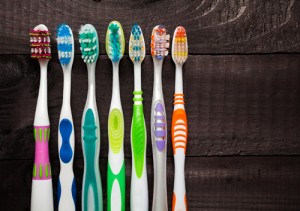What are the benefits of Invisalign®?
March 30th, 2016
 A popular option for straightening teeth at Smiles By Beck, Invisalign can be a great method for improving your smile, and can help patients with crowded teeth, crossbites, overbites, underbites, and more.
A popular option for straightening teeth at Smiles By Beck, Invisalign can be a great method for improving your smile, and can help patients with crowded teeth, crossbites, overbites, underbites, and more.
Invisalign, which is different from traditional braces, works by applying a series of clear, retainer-like aligners in order to eventually move your teeth into their ideal positions. Patients typically swap aligners approximately every couple of weeks.
At Smiles By Beck, we have lots of experience using this technology to give our patients the beautiful and healthy smile they’ve always wanted. During your initial visit at our Tallahassee, FL office, the first thing we do is take an impression of your teeth as they are now and digitize it. Using special software, we look at the current positioning of your teeth and compare it to the way your teeth should look.
Not only are the aligners invisible, they are also removable, so you can eat and drink what you want, and brushing and flossing are easier. Invisalign’s aligners are also comfortable, with no metal to cause mouth abrasions during your treatment. And, no metal and wires usually means you spend less time at our office getting adjustments. With Invisalign, you can view your own virtual treatment plan when you start, so you can see how your straight teeth will look when your treatment is complete!
Depending on the severity of the problem, Invisalign treatment may take anywhere from three to 18 months to complete. You should be aware that Invisalign is not as effective as traditional braces in treating bite problems, teeth that are lower or higher than others, or severely overcrowded teeth. Both teens and adults are now great candidates for Invisalign, so we invite you to contact our Tallahassee, FL office to set up an initial consultation and learn more on how Invisalign can give you the smile you’ve always wanted!




 Website Powered by Sesame 24-7™
Website Powered by Sesame 24-7™